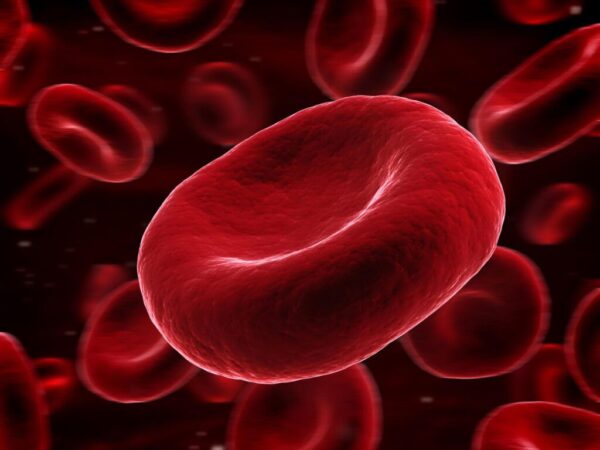Fast food is undeniably convenient, inexpensive, and tempting, but have you considered what it does to your body at the cellular level?
Your cells thrive on clear communication. They rely on biochemical signals to perform everyday functions like generating energy, repairing damage, and fighting off illness. Unfortunately, the processed ingredients, trans fats, and high sugar content in fast food can heavily disrupt this communication.
Here’s a closer look at how fast food affects cellular health and what you can do to reverse the damage.

The Science of Cellular Communication
At their core, cells operate like tiny factories, sending and receiving messages encoded in hormones, nutrients, and other chemicals. This process ensures that every part of your body works in harmony. However, when harmful substances enter the body via an unbalanced diet, cellular communication gets distorted.
Fast food, with its long list of additives and lack of essential nutrients, interferes with this delicate system. Over time, the disruptions lead to widespread consequences, impacting everything from energy production to immune defense.
How Fast Food Disrupts Your Cells?
1. Processed Ingredients Overload Your Cells
Fast food is loaded with artificial additives, stabilizers, and flavor enhancers that your body struggles to process. These compounds disrupt cell membranes, the protective barriers surrounding each cell. When these barriers are damaged, the cell’s ability to send and receive signals is impaired, leading to dysfunction throughout the body.
2. Trans Fats Block Cellular Function
Trans fats, commonly found in deep-fried foods, baked goods, and margarine, are uniquely harmful to cellular health. These fats alter the structure of cell membranes, making them rigid and less effective. This rigidity prevents cells from functioning normally, which can weaken tissues and slow bodily processes over time.
3. High Sugar Content Fuels Chaos
Fast food is often packed with added sugars, leading to dramatic spikes in blood sugar. This not only stresses your pancreas but also triggers inflammation at the cellular level. Prolonged exposure to high sugar levels causes cells to become “insulin resistant,” a condition where the cells no longer know how to properly respond to insulin signals. This miscommunication contributes to chronic issues like diabetes, fatigue, and increased inflammation.
The Consequences of Poor Cellular Communication
When your cells struggle to communicate effectively, the effects ripple across your entire body:
- Chronic Inflammation: Poor cellular signaling triggers your immune system unnecessarily, leading to chronic inflammation that contributes to diseases like hypertension, arthritis, and heart disease.
- Reduced Energy Production: Disrupted mitochondria, the cell’s energy producers, result in low energy levels and persistent fatigue.
- Weakened Immunity: Impaired cellular communication makes it harder for your body to identify and fight off infections, leaving you more vulnerable to viruses and bacteria.
Tips to Improve Cellular Health
You can take steps to restore cellular communication and support overall health. Here’s how:
- Choose Whole Foods: Swap out fast food for nutrient-dense whole foods like fruits, vegetables, lean proteins, and whole grains.
- Stay Hydrated: Water helps transport nutrients to your cells and flush toxins out of your body.
- Reduce Fast Food Consumption: Aim to limit meals filled with processed ingredients, trans fats, and added sugars to rare occasions.
- Add Healthy Fats: Healthy fats from sources like avocados, nuts, seeds, and fatty fish (such as salmon or mackerel) support cell membrane flexibility and improve communication.
- Move More, Stress Less: Regular exercise promotes healthy blood flow and nutrient delivery to cells, while stress management techniques like meditation keep harmful stress hormones like cortisol in check.
Conclusion
Your cells deserve the best care possible, and the diet you choose plays a crucial role in how well they function. By gradually reducing fast food consumption and adopting a nutrient-rich, balanced diet, you can restore cellular communication and improve your overall health.
Remember, every choice you make at mealtime is an opportunity to support your body’s foundation. Start small and watch the big changes unfold at the cellular level!



